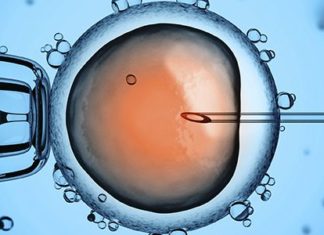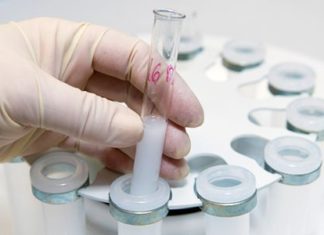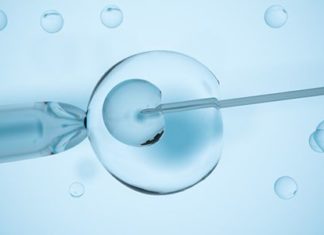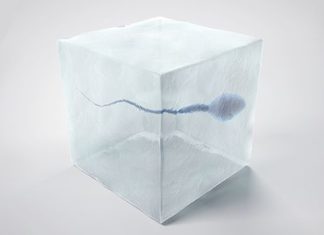Steroid treatment for IVF problems may do more harm than good
Researchers at the University of Adelaide are urging doctors and patients to refrain from using a specific steroid treatment to treat infertility in women unless clinically indicated, because of its links to miscarriage, preterm...
IVF success rates, safety improving
The chances of having a baby following IVF treatment are steadily improving, according to a new UNSW report.
The Assisted Reproductive Technology in Australia and New Zealand 2014 report, by UNSW’s National Perinatal Epidemiology and Statistics Unit (NPESU),...
Potent method for improving drug-free fertility treatment
Australian and Belgian medical scientists have discovered how to improve a woman’s chances of becoming pregnant using a less invasive and cheaper alternative to IVF.
For those facing infertility, IVF has long been the established...
Frozen embryos more effective than fresh in PCOS
Women with polycystic ovary syndrome (PCOS) who receive frozen embryos during in vitro fertilisation have safer and more successful pregnancies than those who get fresh embryos, according to the results of a recent collaboration...
3 in 10 women able to conceive naturally after infertility treatment
Women who have IVF/ICSI infertility treatments have a 29% chance of conceiving naturally within six years of the cessation of treatments. These are the findings of an Internet survey conducted by a group of...
Women planning pregnancy urged to consider BMI
Women are being encouraged to ensure their body mass index (BMI) is within a healthy range before pregnancy to ensure the best outcomes for their babies.
A new study by University of Queensland researchers has shown that...
Young and well educated men in demand as sperm donors in global life market
With commercial sperm banking giving women more opportunities to become mothers, a world-first QUT study has found the age and education of sperm donors are the most important characteristics considered.
What women want in their sperm donor:...
Decrease in neural tube defects since folic acid added to bread
Mandatory fortification of bread with folic acid (in Australia) and iodine (in Australia and New Zealand) was introduced in 2009 to address two important public health issues: to reduce the prevalence of neural tube...
Reversing impact of malnourished dads’ health on kids
Research from the University of Adelaide has shown it may be possible to prevent millions of the world's malnourished fathers from passing on poor health to their children, if they're given antioxidant and vitamin...
Reversing impact of malnourished dads' health on kids
Research from the University of Adelaide has shown it may be possible to prevent millions of the world's malnourished fathers from passing on poor health to their children, if they're given antioxidant and vitamin...
- Advertisement -
Sign up to receive the latest parenting news, competitions, health information, baby/child/whole family recipes, play ideas, outings, personal stories and much more.


















